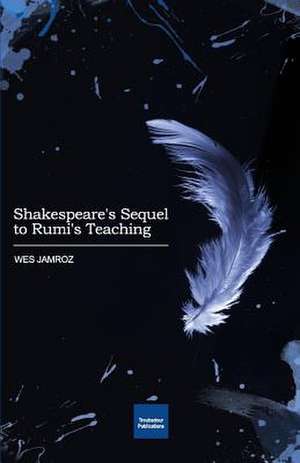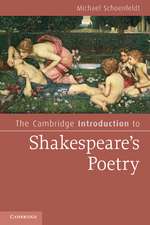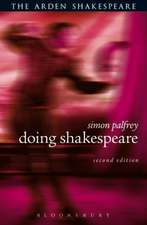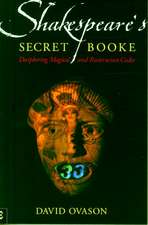Shakespeare's Sequel to Rumi's Teaching
en Limba Engleză Paperback
Preț: 136.03 lei
Nou
Puncte Express: 204
Preț estimativ în valută:
26.03€ • 27.08$ • 21.49£
26.03€ • 27.08$ • 21.49£
Disponibil
Livrare economică 24 martie-07 aprilie
Preluare comenzi: 021 569.72.76
Specificații
ISBN-13: 9781928060017
ISBN-10: 1928060013
Pagini: 338
Dimensiuni: 140 x 216 x 18 mm
Greutate: 0.39 kg
Editura: Troubadour Publications
ISBN-10: 1928060013
Pagini: 338
Dimensiuni: 140 x 216 x 18 mm
Greutate: 0.39 kg
Editura: Troubadour Publications














